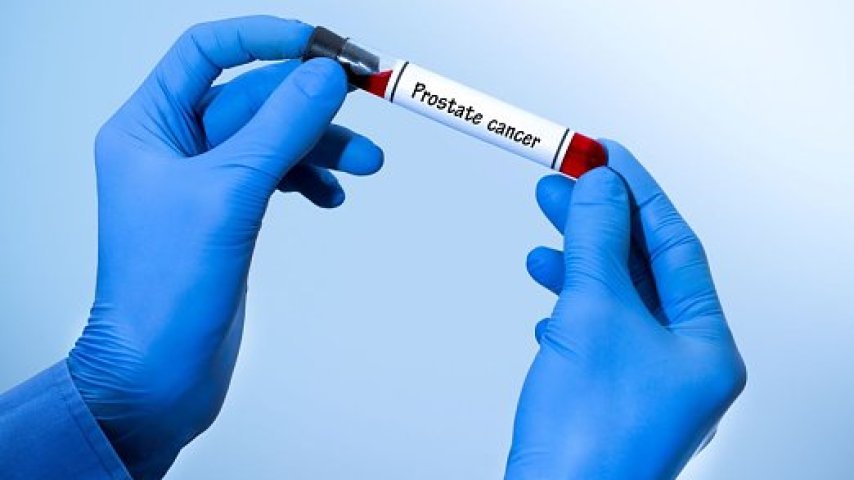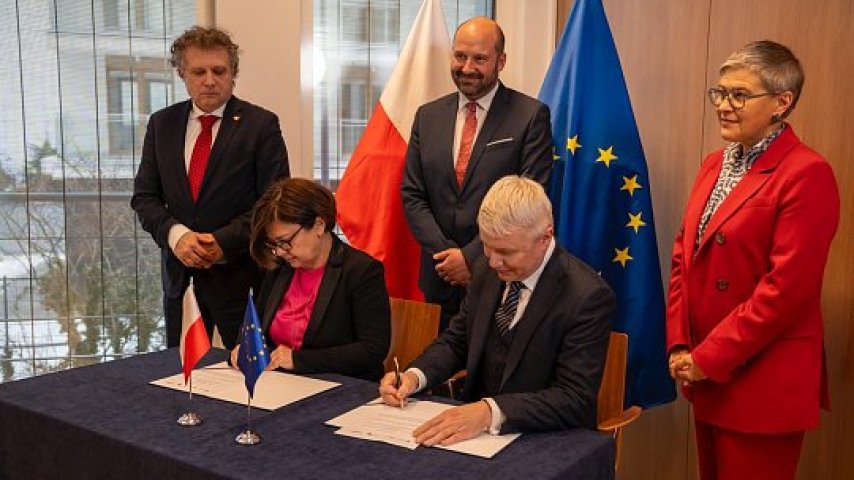Carcinoma of the urachus and the role of PET-CT in disease recurrence – case report
Urachal carcinoma is a rare cancer that accounts for 0.5%-2% of all bladder cancers. These tumours are commonly seen in patients 40-70 years of age, two-thirds of whom are men. Most urachal cancers are adenocarcinomas but other histological subtypes are described. Patients with urachal cancer may have no symptoms until the late stage. The most common clinical signs are suprapubic mass, haematuria and dysuria. The recommended treatment is primarily surgical, with extended partial cystectomy, en bloc excision of the urachal mass, urachal tract and umbilicus, and pelvic lymph node dissection. While some have advocated radical cystectomy as definitive therapy, this procedure can usually be reserved for larger tumours. Radiation and chemotherapy are ineffective against urachal carcinoma. The aim of this article is to present a patient with urachal carcinoma and describe the treatment, including the special role of PET-CT.
Artykuł dostępny wyłącznie dla:
lekarz, lekarz dentysta, lekarz w trakcie specjalizacji .Zaloguj się, aby przeczytać pełną treść artykułu.
Zaloguj się
Nie pamiętasz hasła?
Skorzystaj z opcji przypominania hasła, aby odzyskać dostęp do swojego konta Termedia.
Kategorie:
Układ moczowo-płciowego



